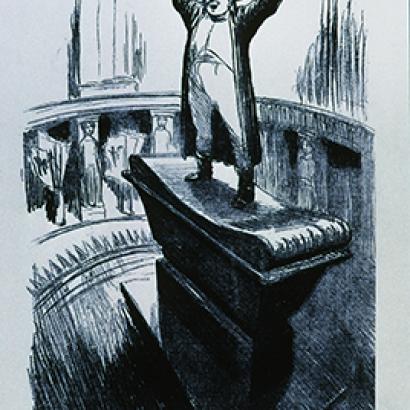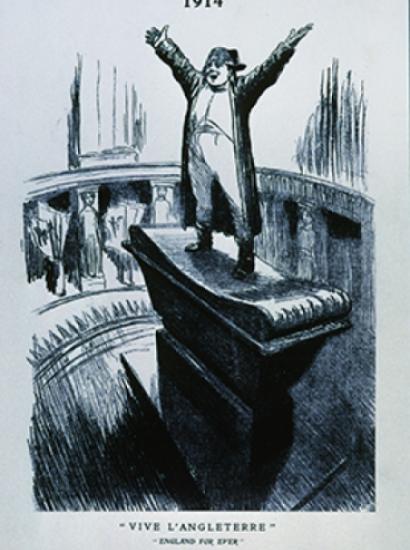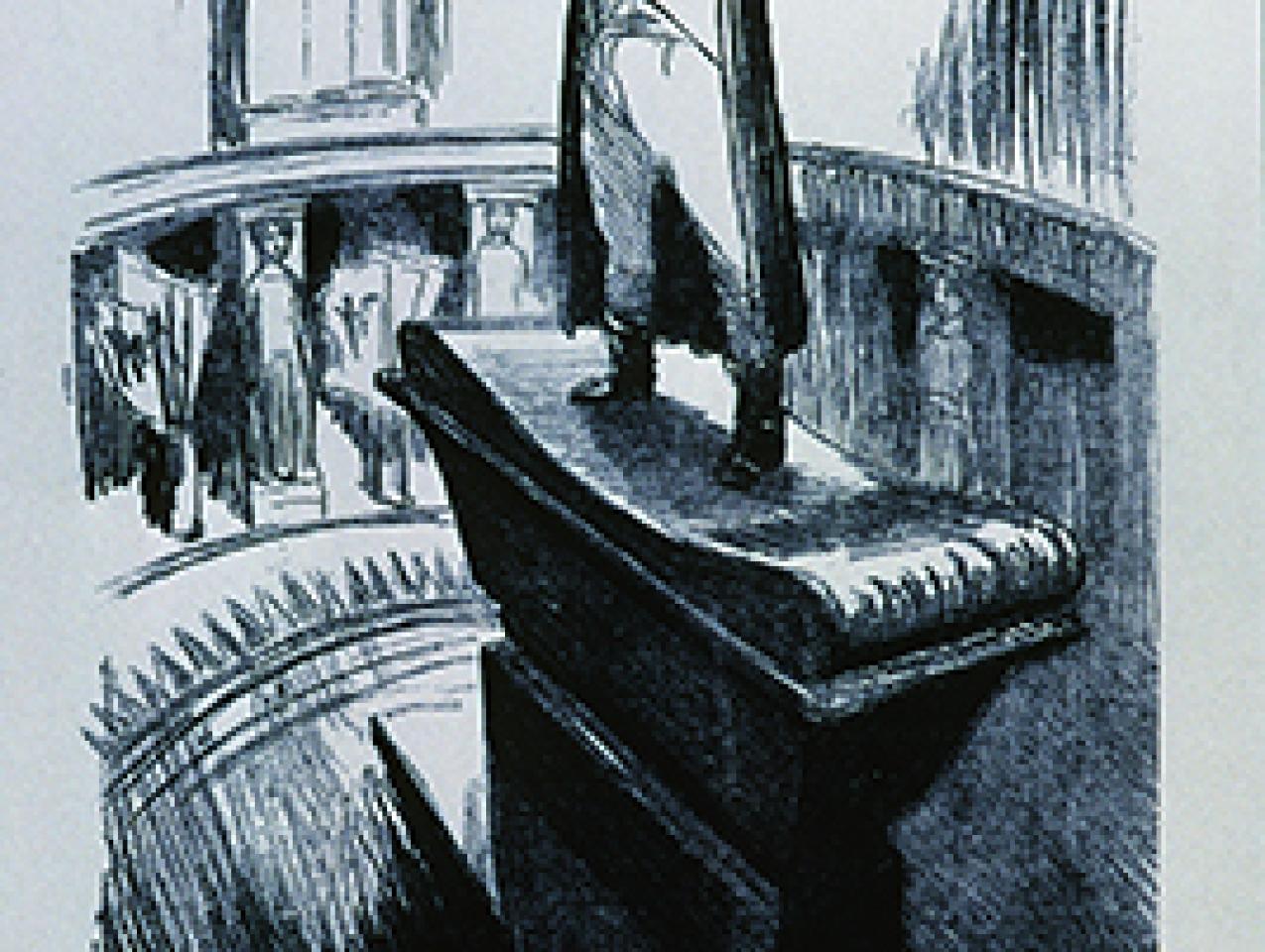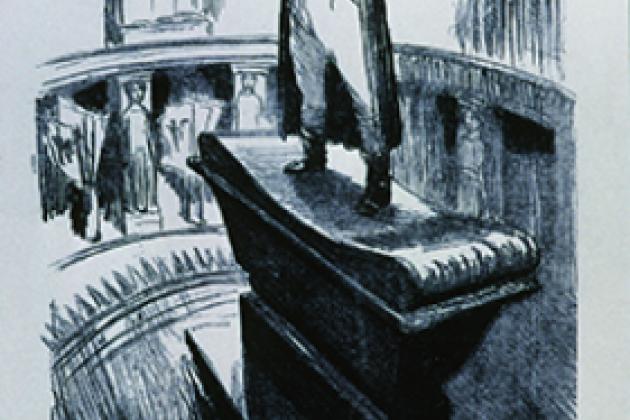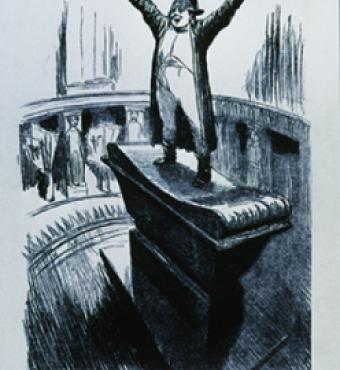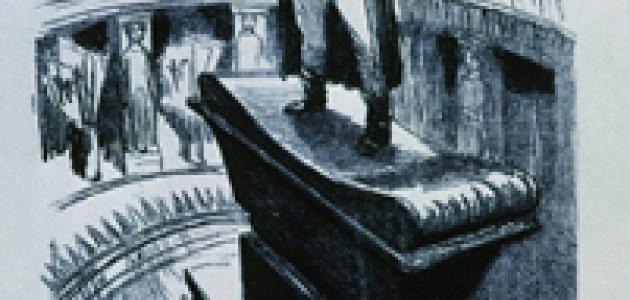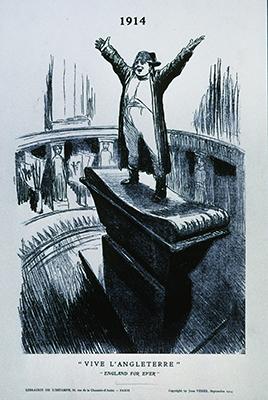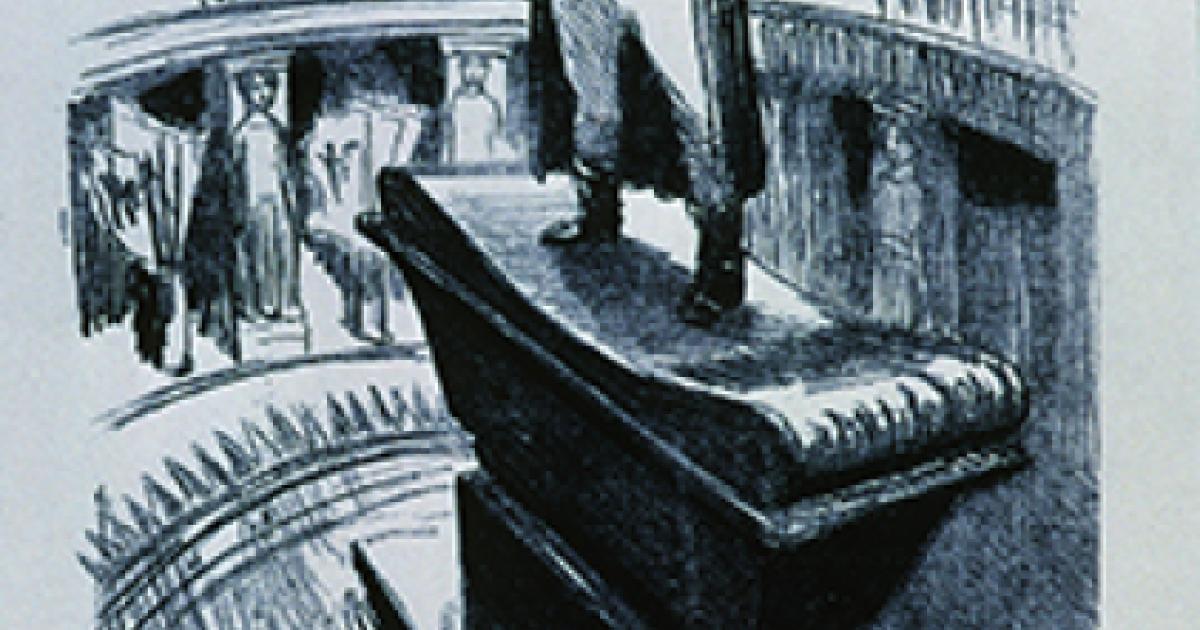- History
- Military
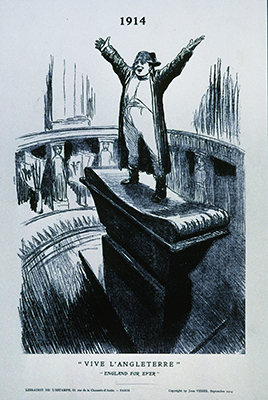
For over two centuries, no one has known the final resting place of one of Napoleon’s favorite generals, Charles-Étienne Gudin de La Sablonnière, who disappeared during the French invasion of Russia in 1812. Now, however, his body has been found in a park in Smolensk, one of the key cities that featured in the struggle. Tracking General Gudin’s grave was a joint operation by a team of Russian and French historians led by Pierre Malinowski, largely using historical records.
Gudin died of gangrene on August 22, 1812, three days after having his leg amputated when it was hit by a cannonball at the Battle of Valuntino, one of the Grande Armée’s major engagements on the way to Moscow. In the boiling hot weather, gangrene became rampant in the French and Russian armies that summer, turning even the lightest flesh wounds into life-threatening dangers. As the corpse has been confirmed to be Gudin’s, from its 100% DNA match to that of his brother, another Napoleonic General, Pierre-César Gudin, he will soon be returned to France for re-burial.
One part of him—his heart—is already buried at Père Lachaise cemetery on the outskirts of Paris. As well as so many other great French statesmen and soldiers, there are no fewer than eleven of the twenty-six Napoleonic marshals buried there, including Louis-Nicolas Davout, André Masséna, Michel Ney, Joachim Murat, Emmanuel de Grouchy, and Jean-Pierre Augereau. Gudin is already named amongst the list of generals on the Arc de Triomphe, and there is also a street in Paris named after him.
Gudin was an aristocrat who survived the French Revolution to fight in many of the key campaigns and battles of the French Revolutionary and Napoleonic Wars, including the Swiss Campaign and the battles of Hohenlinden, Auerstädt (where he was seriously wounded and his unit took 40% casualties), Eylau, Landshut, Eckmühl, and Wagram. Because Napoleon was present at so many of them, Gudin caught the Emperor’s eye and was rapidly promoted.
It is hoped that Gudin will be interred at Père Lachaise with all the pomp and ceremony of the French state, and might even provide President Emmanuel Macron with a rare chance to re-invoke “La Gloire” at a time when his country is beset by so many dire industrial, economic, and social problems. Over two centuries after his death, therefore, it may be that the immensely brave General Charles-Étienne Gudin might have another chance to make his country proud.







